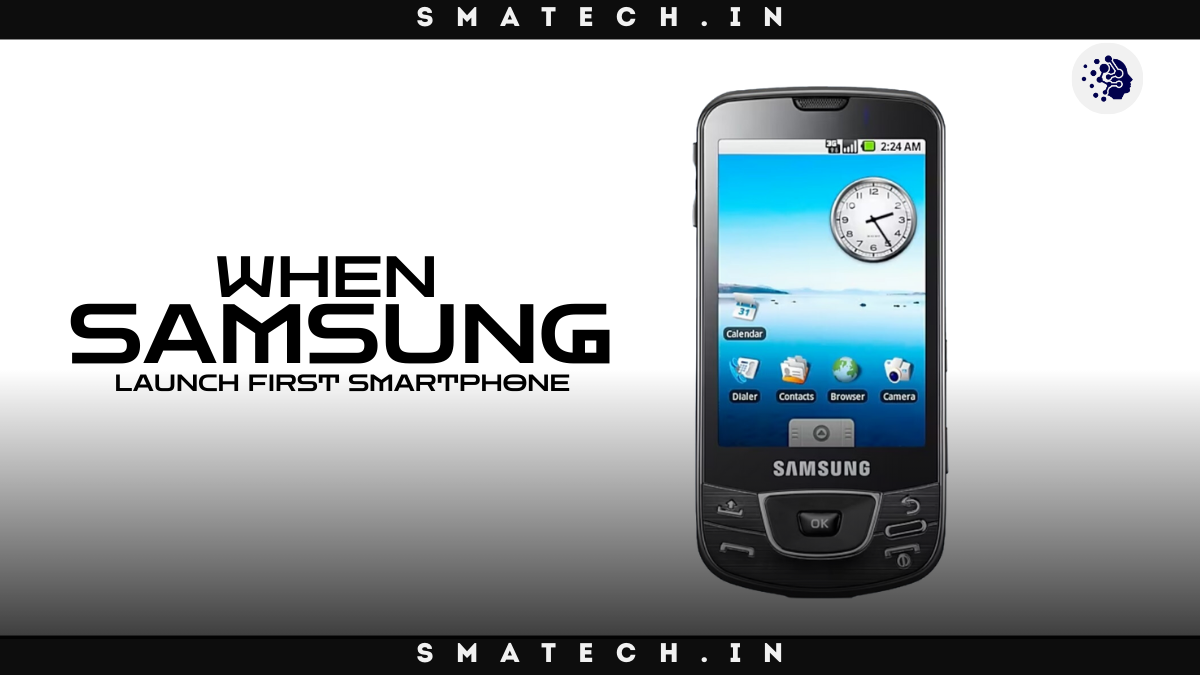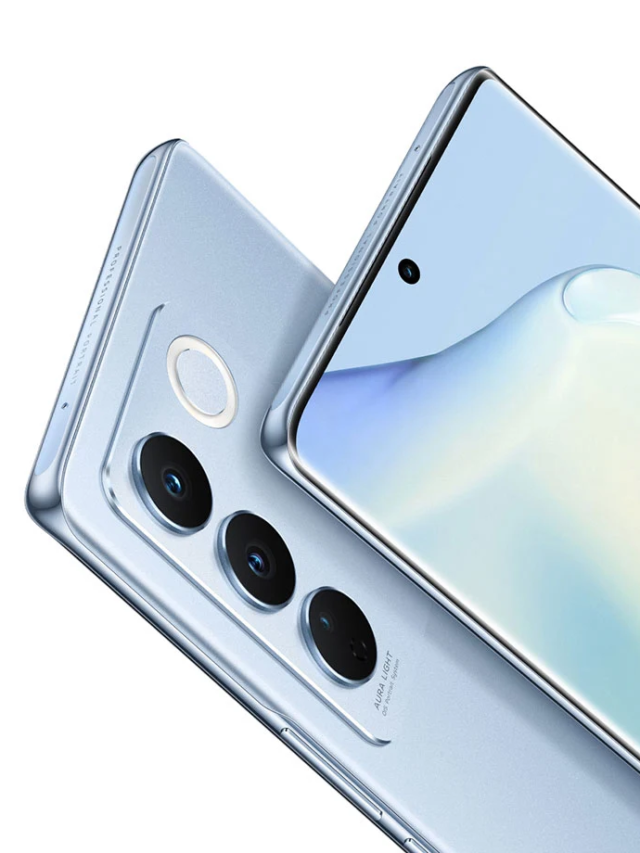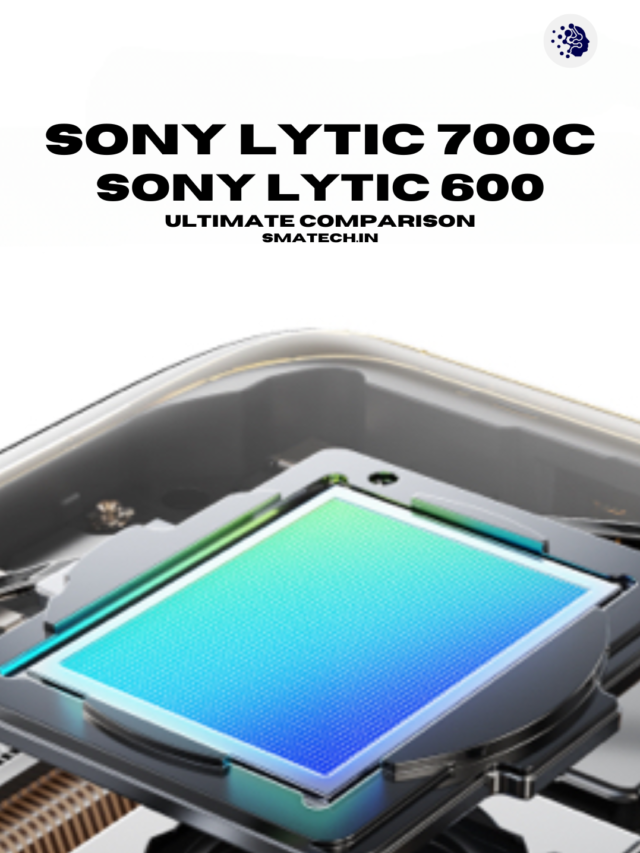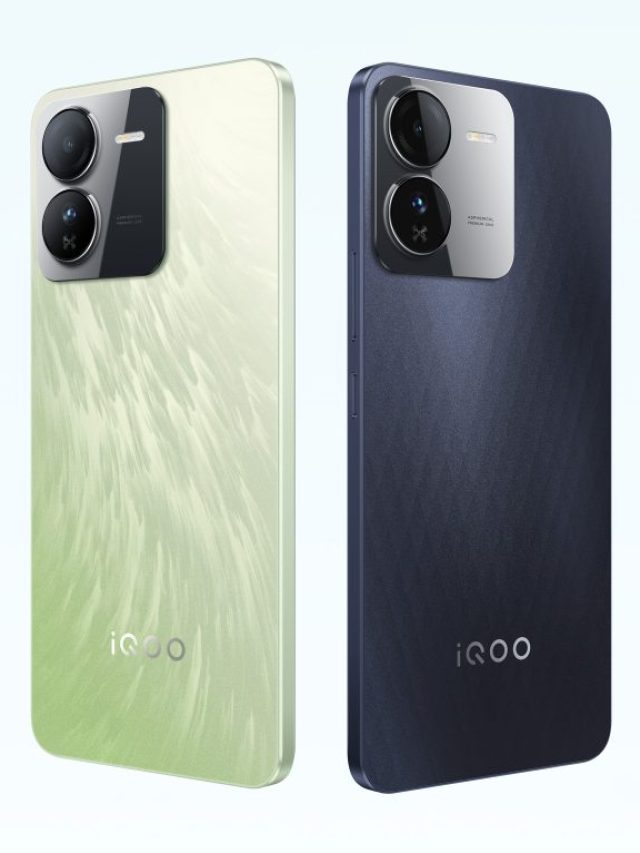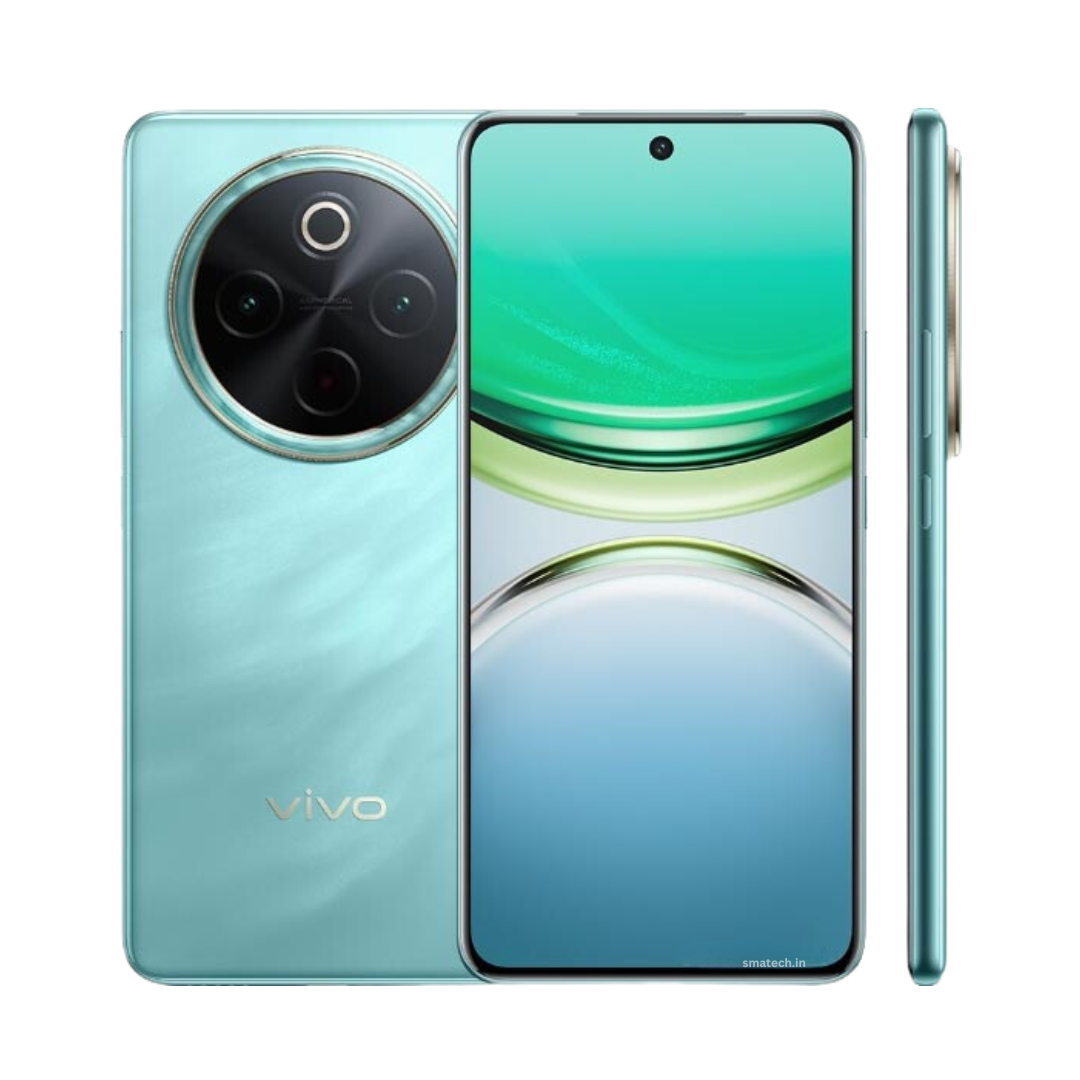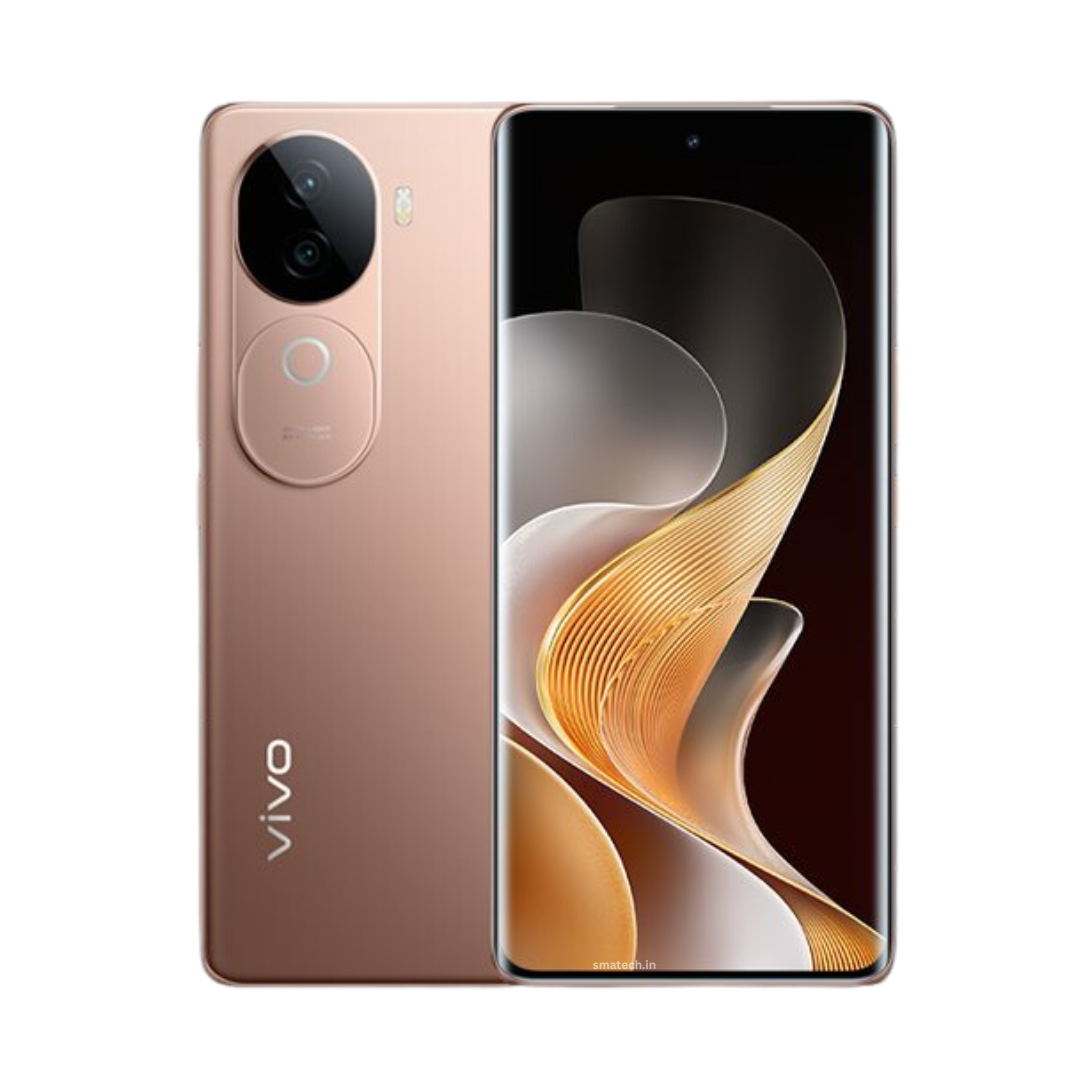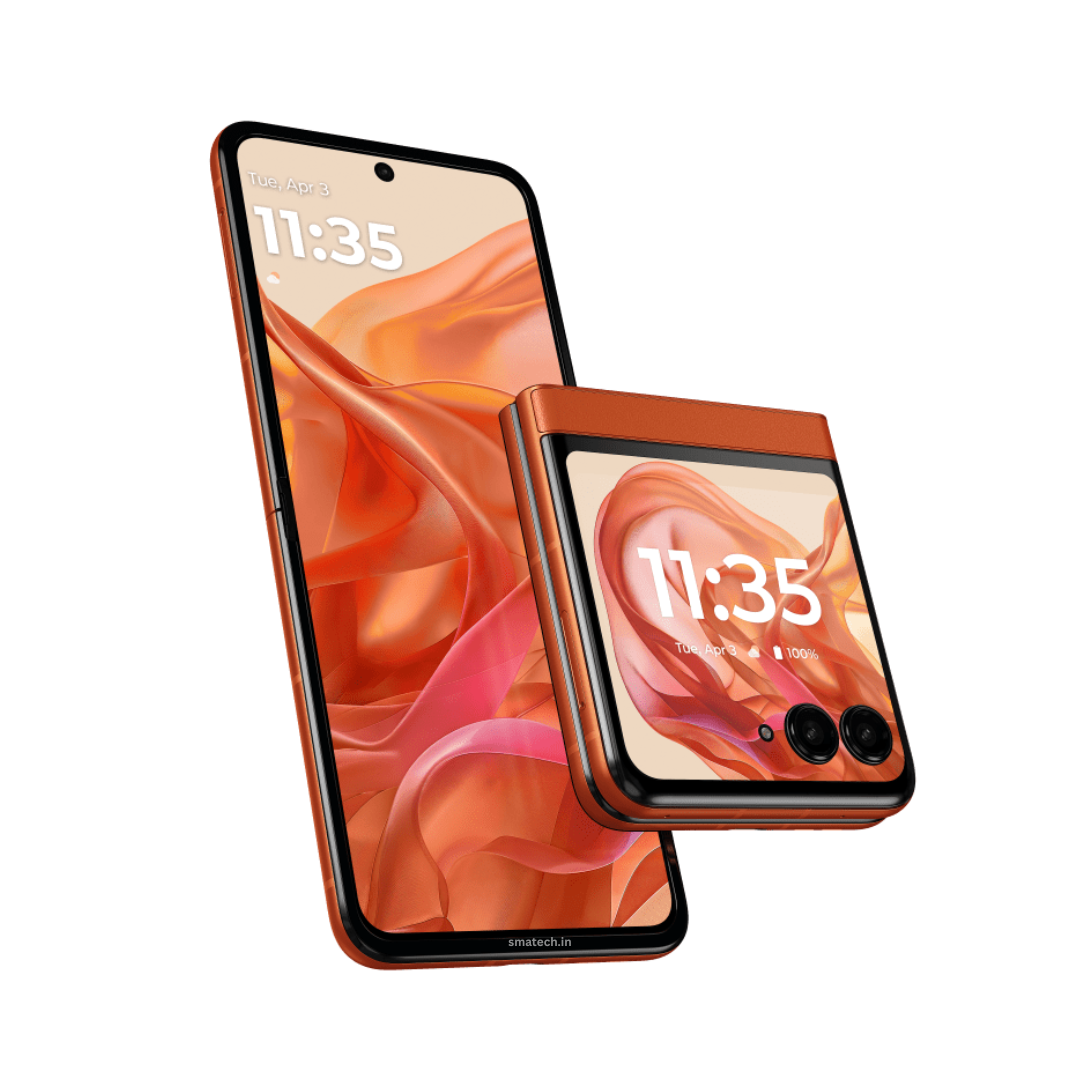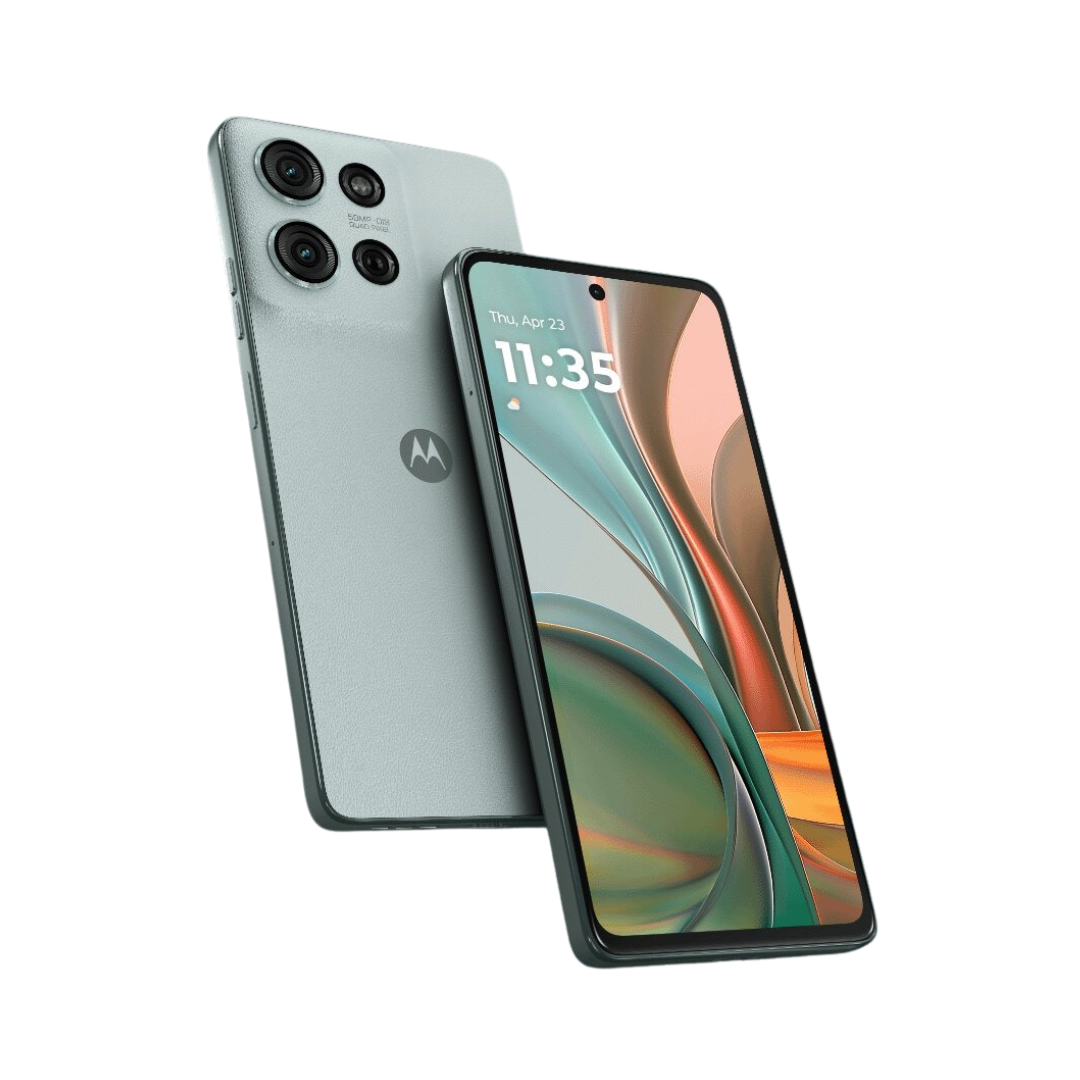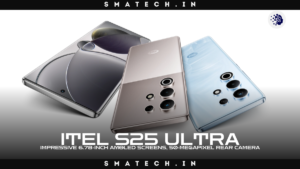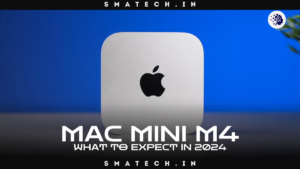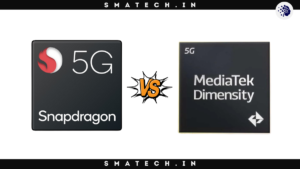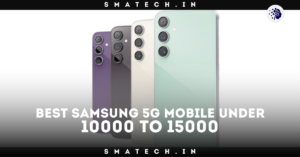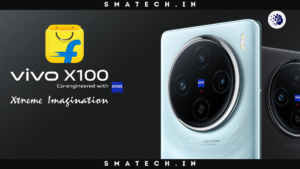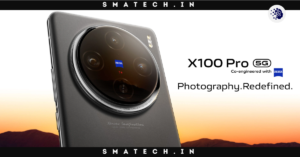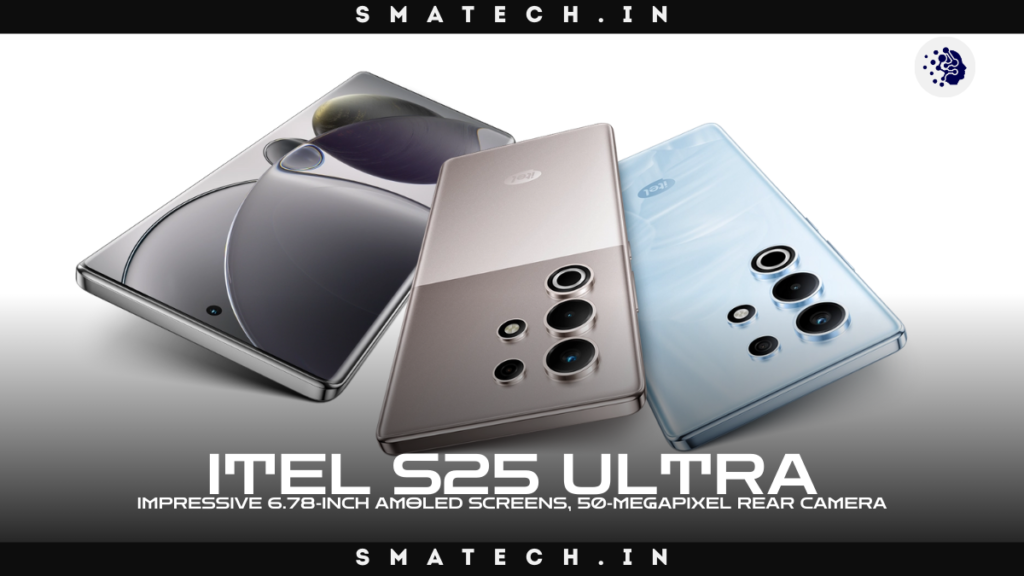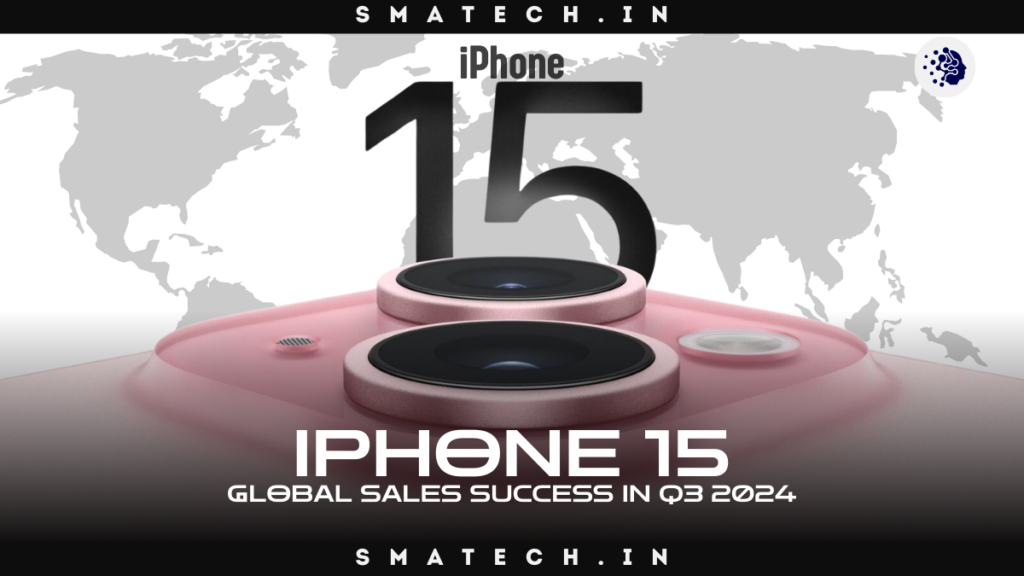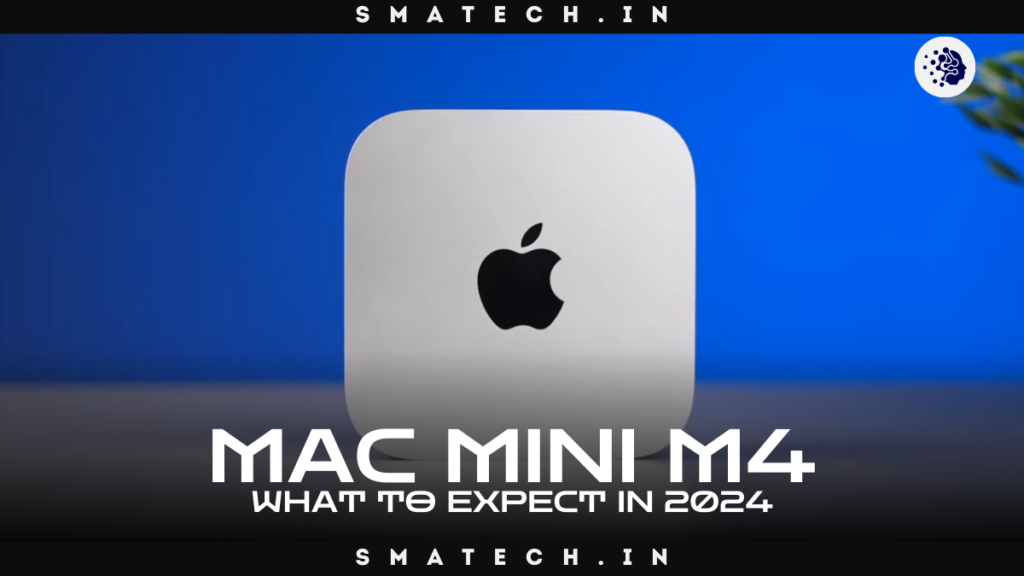Exciting Fact: When Did Samsung Launch First Smartphone?
An important turning point in the mobile industry was reached with the release of Samsung’s first smartphone, which resulted in notable innovations that influenced the worldwide smartphone market. In addition to being a technological advance, the Samsung GT-I7500 Galaxy marked the start of Samsung’s adventure into smartphone innovation and the launch of the Galaxy series, which is still going strong today. Let’s examine Samsung’s first mobile phone, the company’s smartphone history, and the significant turning points that made Samsung a major player in the mobile technology industry worldwide.
The Origins of Samsung’s Mobile Journey
Samsung’s foray into mobile technology began in the 1980s when it started producing mobile phones, mainly for South Korean local markets. However, the 2009 release of Samsung’s first smartphone, the Samsung GT-I7500 Galaxy, marked a sea change in the company’s smartphone origins.
Samsung’s First Android Smartphone – The GT-I7500 Galaxy
The GT-I7500 Galaxy, Samsung’s first Android phone, was unveiled on April 27, 2009, and was on sale on June 29 of the same year. It was one of the first smartphones to use the Android operating system, which is based on Linux. Samsung entered a new era with the GT-I7500 Galaxy, joining Google and the Open Handset Alliance to develop a competitive alternative to established platforms such as iPhone OS and Symbian.
Noteworthy Features of the Samsung GT-I7500 Galaxy
With its many features that distinguished it from rivals at the time, the Samsung GT-I7500 paved the way for Samsung’s smartphone heritage. Important details include:
- Display: 3.2-inch AMOLED capacitive touchscreen with 320×480 pixel resolution, providing energy efficiency and vibrant colours.
- The 5-megapixel back camera with autofocus and a powerful LED flash is perfect for taking sharp pictures.
- Connectivity: GPS, Wi-Fi, Bluetooth 2.1, quad-band GSM, and tri-band HSDPA (900/1700/2100) for 3.5G speeds.
- The internal storage is 8 GB, and microSD cards may be used to expand it to 32 GB.
- Battery: An outstanding 1500 mAh Li-Ion battery for extended use at the time.
- The ARM11 528 MHz CPU and 256 MHz DSP power this processor, which offers a dependable user experience.
Related Post
The First Galaxy and the Dawn of Samsung’s Flagship Models
The Galaxy series, one of the most popular smartphone lineups in the world, was born out of the GT-I7500 Galaxy, which marked Samsung’s introduction into the Android ecosystem. The Galaxy S, a direct replacement for the GT-I7500, was introduced by Samsung in 2010. This model made the Galaxy S line Samsung’s flagship and brought improved hardware and a sleeker design. When Did Samsung Launch First Smartphone?
Samsung’s Impact on Mobile Technology Through Galaxy Innovations
With its leadership in display, camera, computing power, and battery economy, Samsung has had an indisputable impact on mobile technology. With the introduction of the Galaxy series, Samsung was also able to reach millions of customers looking for iPhone substitutes, increasing its market share in international countries.
Samsung’s Smartphone Milestones and Evolution of Samsung Phones
- Galaxy S Series (2010): Set the standard for high-end Android phones with features like AMOLED displays and custom user interfaces.
- Galaxy Note Series (2011): Introduced large displays and the iconic S Pen, pioneering the phablet category.
- Foldable Phones (2019): Samsung was the first to release foldable devices like the Galaxy Fold, showcasing its commitment to innovation.
Samsung Galaxy’s Influence on the Android Ecosystem
By integrating advanced hardware and leveraging Android OS, Samsung created a user-friendly experience that helped Android become the world’s most popular operating system. The first Samsung Galaxy phone set the tone for Samsung’s mobile journey, cementing Samsung’s reputation as a global innovator.
Samsung’s Global Influence and Expansion
Samsung’s continuous innovation with each new Galaxy model helped it dominate various global markets, making it one of the most influential players in the smartphone industry. Its early mobile releases in collaboration with Android allowed Samsung to expand beyond South Korea, gaining significant market share in regions such as North America, Europe, and Asia. When Did Samsung Launch First Smartphone?
Pioneering Features of Samsung’s First Smartphone
The GT-I7500 was remarkable not only for its design but also for introducing several key features that would become standard in later models. For instance:
- Google Integration: The Galaxy included native Google services like Gmail, YouTube, and Google Calendar, enhancing user convenience.
- 3.5 mm Headphone Jack: Unlike the HTC Dream (T-Mobile G1), the GT-I7500 came with a standard headphone jack, enhancing media consumption.
- Directional Pad: This model utilized a directional pad, which set it apart from competitors that used trackballs for navigation.

Innovations in Samsung Phones Over the Years
Samsung’s continuous drive for innovation has led to numerous groundbreaking features that have reshaped the smartphone landscape. Notable innovations include:
- High-resolution cameras that support advanced photography.
- AMOLED and Dynamic AMOLED displays, are known for vibrant colours and deep blacks.
- 5G compatibility with models like the Galaxy S20, ensuring Samsung remains at the forefront of connectivity technology.
The Legacy of Samsung’s First Smartphone and the Evolution of the Galaxy Series
The GT-I7500 Galaxy’s release was more than just Samsung’s market entry year; it was the starting point of an era that changed smartphone technology. This device marked Samsung’s ambition to become a global leader, setting the stage for the development of advanced models that pushed boundaries in technology, such as foldable screens, enhanced AI capabilities, and improved battery life. When Did Samsung Launch First Smartphone?
Samsung Smartphone Milestones Over the Decades
- Galaxy S5 (2014): Introduced waterproofing and a fingerprint sensor.
- Galaxy S10 (2019): Added punch-hole displays and wireless PowerShare.
- Galaxy Z Fold Series (2019-present): Led the foldable smartphone category with unique designs and multitasking features.
The Impact of Samsung’s Early Models on Today’s Smartphones
The success of Samsung’s early models, including the GT-I7500, paved the way for smartphone breakthroughs that have since become industry standards. The GT-I7500’s success demonstrated that Android phones could compete with the iPhone, setting a precedent for open-source innovation and ecosystem diversity.
Samsung’s First Smartphone Specs: A Glance Back at GT-I7500
The first Samsung phone specs remain an interesting look back at early smartphone technology, with components that were impressive at the time and paved the way for more sophisticated devices:
- Processor: ARM11 528 MHz
- Memory: 128 MB RAM
- Storage: 8 GB internal, microSD expandable
- Camera: 5 MP with LED flash
- Display: 3.2 inches AMOLED
Conclusion: Samsung’s Ongoing Journey of Innovation
From its humble beginnings with the GT-I7500 Galaxy, Samsung has become synonymous with cutting-edge technology, sleek design, and consistent innovation. The Samsung mobile timeline is filled with milestones that showcase how Samsung evolved from an emerging competitor into a leader. With each new device, Samsung pushes the boundaries of what smartphones can achieve, shaping the mobile experience for users worldwide. When Did Samsung Launch First Smartphone?
FAQs related to When Did Samsung Launch First Smartphone?
1. When was Samsung’s first smartphone launched?
Samsung’s first smartphone, the GT-I7500 Galaxy, was announced on April 27, 2009, and officially released on June 29, 2009. It marked the company’s entry into the Android smartphone market.
2. What was unique about the Samsung GT-I7500 Galaxy?
The GT-I7500 Galaxy was significant for being Samsung’s first device to run on the Android operating system. It featured a 3.2-inch AMOLED touchscreen, a 5-megapixel camera, and a standard 3.5 mm headphone jack, distinguishing it from earlier smartphones like the HTC Dream.
3. How did the Samsung Galaxy series evolve after the GT-I7500?
Following the GT-I7500, Samsung launched the Galaxy S in 2010, which became the flagship model for the series. The Galaxy line has since expanded to include various models with cutting-edge technology and innovations in mobile design and functionality.
4. What impact did Samsung have on mobile technology?
Samsung played a pivotal role in the evolution of mobile technology by introducing several innovative features in its smartphones, such as high-quality displays, advanced camera systems, and integration of cutting-edge software. The success of the Galaxy series significantly influenced the smartphone market, leading to the widespread adoption of Android.
5. What were the specifications of the first Samsung Galaxy smartphone?
The GT-I7500 Galaxy had the following key specifications:
Operating System: Android 1.5 “Cupcake” (upgradable to Android 1.6 “Donut”)
CPU: ARM11 528 MHz
RAM: 128 MB
Storage: 8 GB (with microSD support up to 32 GB)
Display: 3.2-inch AMOLED touchscreen (320 x 480 pixels)
Camera: 5 MP with LED flash
Battery: 1500 mAh

